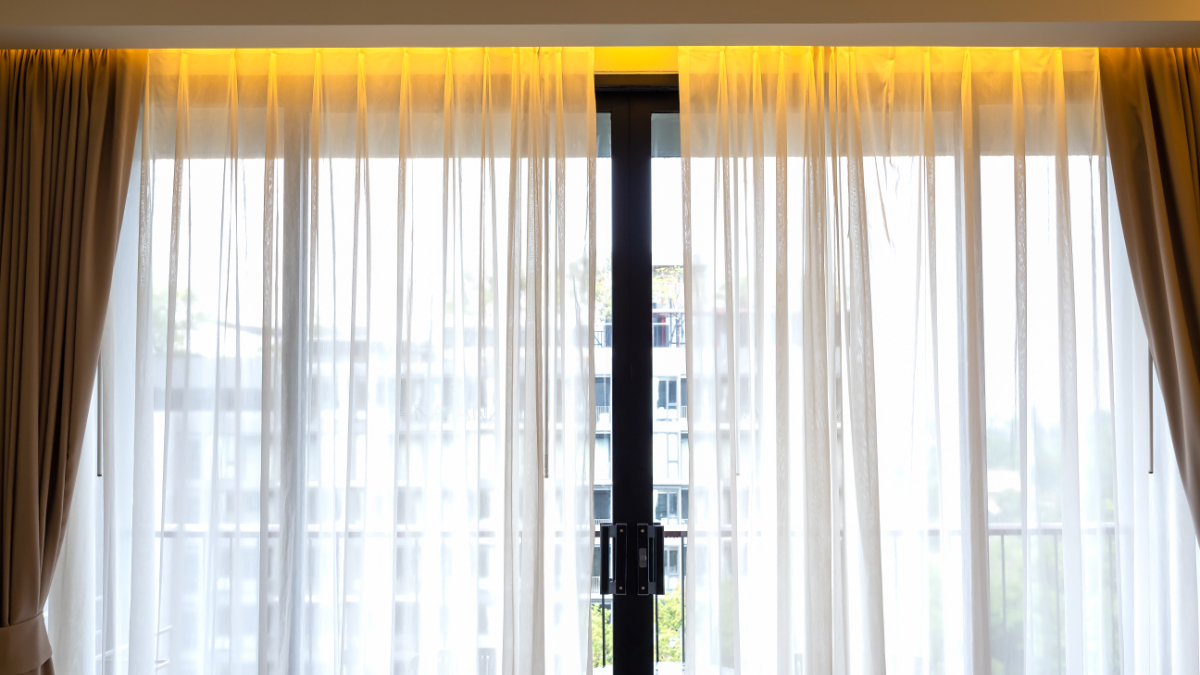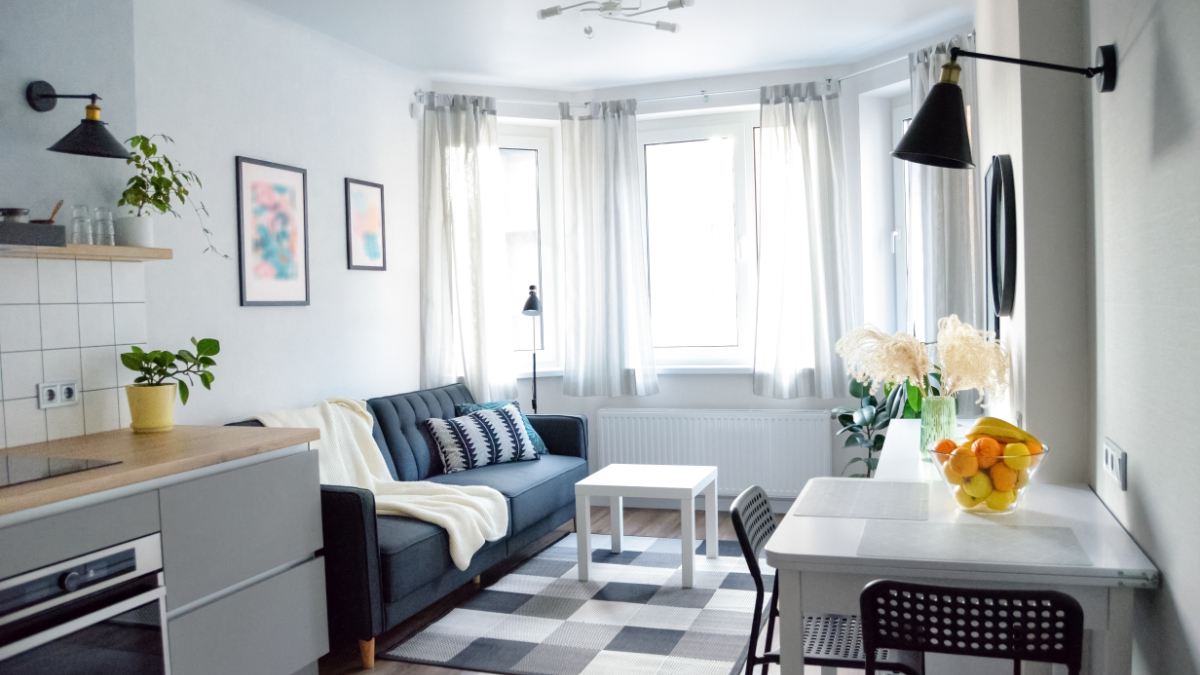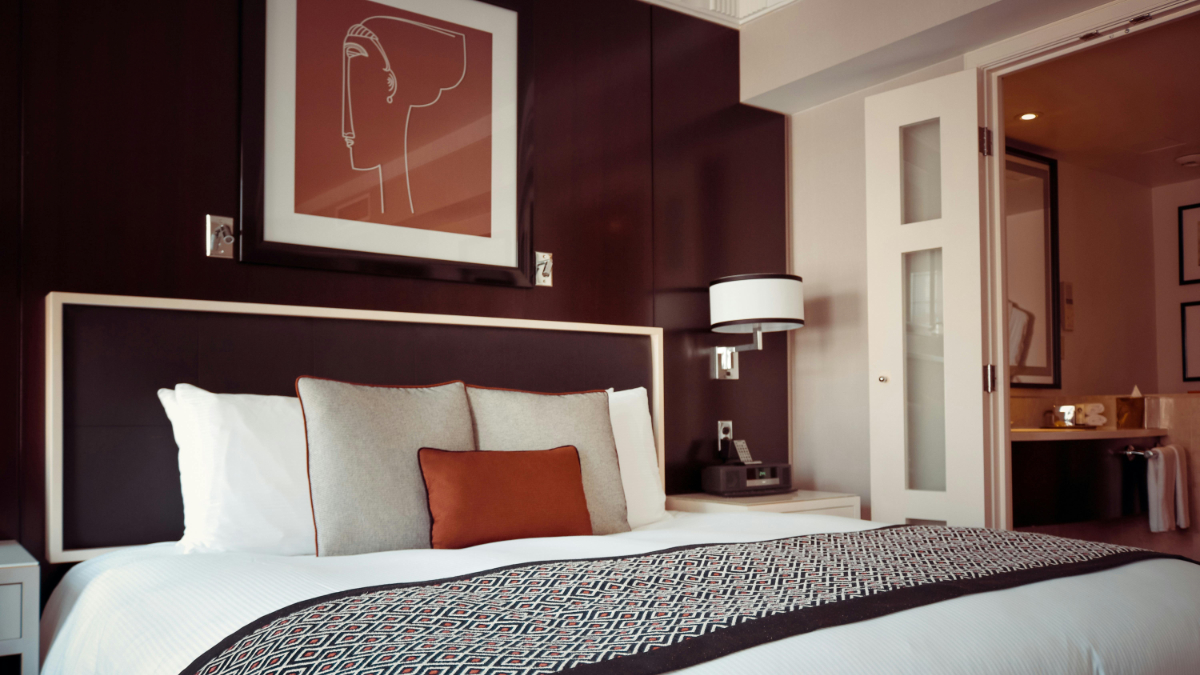Home renovations can seem intimidating for any homeowner. Between budgeting, creating inspiring spaces, or just maintaining what you have, the process can seem exhausting. Check out our ten tips on reducing renovation stress with ideas like buying to last, visualizing your space before buying, and setting a budget before considering items!
1. Buy to Last
 To save money, you need to think twenty years down the road. Your house experiences a lot of wear and tear, and if unnoticed, decades of damage can pile up. That’s why it’s always best to spend a little to save a lot more time, energy, and money!
To save money, you need to think twenty years down the road. Your house experiences a lot of wear and tear, and if unnoticed, decades of damage can pile up. That’s why it’s always best to spend a little to save a lot more time, energy, and money!
Supplies, products, or labor that break easily might be cheaper in the short term, but the long-term could end up costing you more. We’ve all heard the horror stories from people who settled for a cheaper price and ended up regretting it.
2. Do Your Own Shopping

You know what you want more than anyone else, and the best (and cheapest!) way to ensure everything looks the way you want it to is looking at products yourself. A comparison of prices and items helps you understand what you want and how best to fit your own budget while finding quality items.
3. Plan For the Future
 What will your living situation be down the road? Are you making any more renovations? Think about what your long-run plans are, and consider how this impacts the budget you want to stay within. Expanding, moving, or maintaining, your choices can influence willingness to spend more money on certain home improvements over others.
What will your living situation be down the road? Are you making any more renovations? Think about what your long-run plans are, and consider how this impacts the budget you want to stay within. Expanding, moving, or maintaining, your choices can influence willingness to spend more money on certain home improvements over others.
4. Talk To Your Contractor

5. Visualize, Visualize, Visualize

6. Make It All Fit

7. Have a Common Theme

When you’re trying to bring a drab entrance space to life, pastels or more muted tones might be best to contrast the light from an open door. Regardless of the choice, having set and stylized plans help to make rooms flow and feel more comfortable and inviting.
8. Don't Settle For Second-Best

9. Make Sure You're Getting What You Pay For

10. Always Budget It Out

Any sort of home renovations or repairs can seem overwhelming before you start, but with a good plan in place, you’ll be able to keep your home in tip-top shape!




